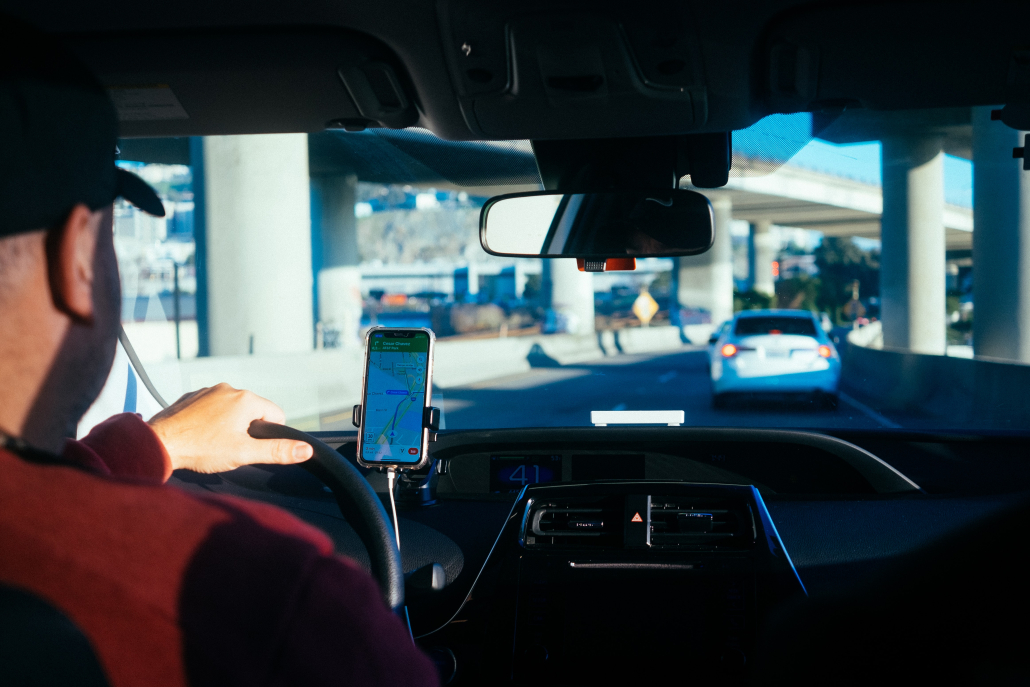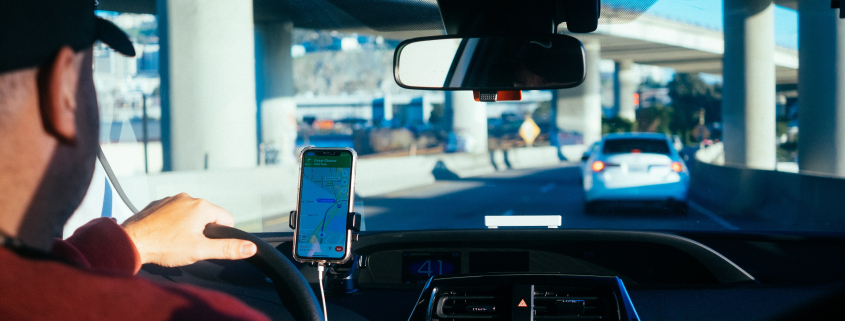USC to mandate student transportation fee beginning Fall 2023

USC announced Monday that, beginning Fall 2023, all qualifying students will be charged an automatic transport fee of $93 to offset the rising costs of transportation services and provide “new benefits” to the USC community.
Approved by the Board of Trustees and University administration, the additional transportation fee’s primary goal is to compensate for the increasing costs of USC’s Lyft program. USC introduced its Lyft program in 2016 to provide students, faculty, and staff free rides everyday within either the University Park Campus or Health Sciences Campus geofence from 6 p.m. to 2 a.m.
Since it was introduced, the Lyft program was extended from operating 16 hours to 56 hours per week. No additional announcements have been made as to whether the new fee would allow USC’s Lyft program to re-establish private Lyft rides and reverse USC’s Jan. 6 decision to move to a shared-ride model.
Additional benefits coupled with the new fee include free Metro-U passes, which allow for unlimited traveling around Los Angeles on trains, Metro buses and the E Line circling the UPC. Students also have access to free bus services to travel from the UPC to the LAX airport during Thanksgiving break, winter recess and spring break, thanks to an initiative the Undergraduate Student Government launched in Fall 2022.
While USC Transportation has yet to define the criteria that qualify students to be charged a transportation fee, whether students are eligible to use USC-provided transportation services “is the typical determining factor of whether the fee is assessed,” an FAQ page released by the department reads.
Lawrence Sung, a sophomore majoring in international relations (global business), said the benefits of new transport services outweighs the individual costs of transportation fees.
“This is a major win for not just the University, but also the student population as well. This has been something that I’ve long wanted to see when I was in community college,” Sung said. “For USC to finally provide such a valuable program to its students is very beneficial.”
Justina Chou, a freshman in the world bachelors of business program, said the transportation fee should not be implemented as a blanket policy for those who won’t benefit from these additional benefits being offered by the University because they already have a way to get around.
“Not all of the students might be using this service to justify the cause,” Chou said. “If it were an opt-in choice for students to choose whether they want to use the transportation services, I think that would be more appropriate than forcing all students to pay this transportation fee.”
The implementation of the transportation fee follows the University’s recent announcement of a 5% raise in annual undergraduate tuition for 2023-2024. Given the accumulation of USC fee payments, Sung said the University’s approach to adding onto students’ expenses requires a more explicit and transparent justification.
“USC should make clear what their financial situation is by saying, ‘Money’s going here. We have a surplus here but a deficit here,’” Sung said. “I would like to see the breakdown of it all and the specific reasoning, because otherwise, it just seems very arbitrary and very profit seeking.”

